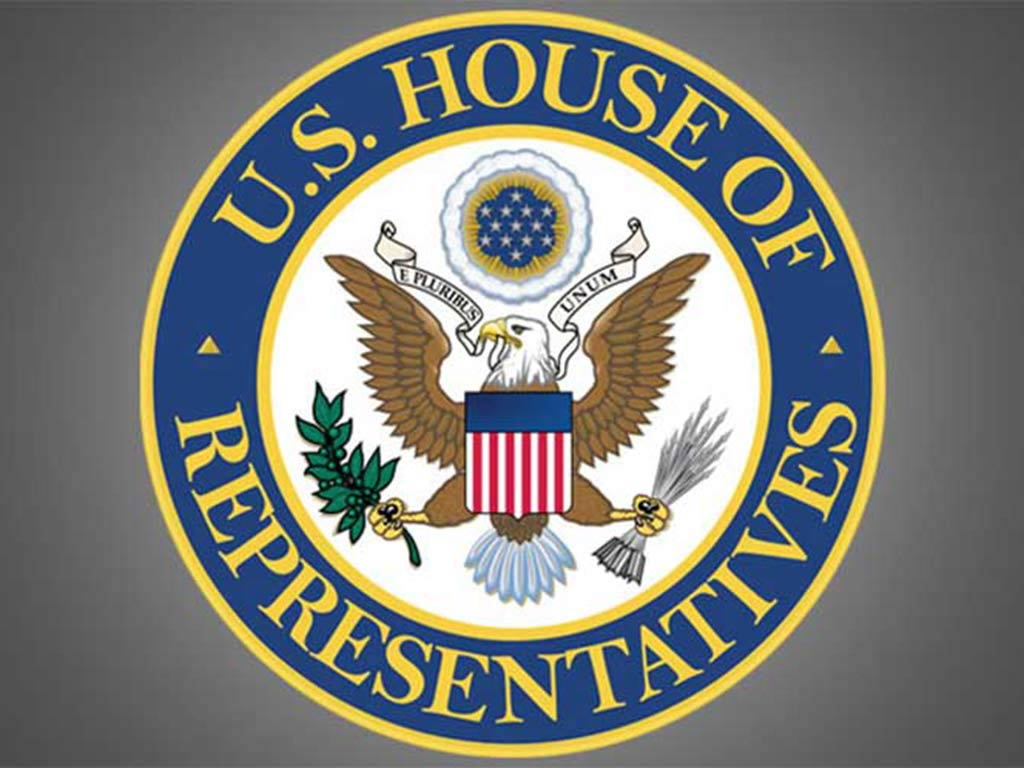
Washington, July 2.—The United States House of Representatives could vote today on President Donald Trump's tax bill, following its narrow approval in the Senate following marathon negotiations.
Dubbed the "One Big Beautiful Bill Act," it advanced the day before in the Upper House only with the decisive and tie-breaker vote of Vice President JD Vance -in his capacity as President of the Senate- who put the balance 51-50.
The Rules Committee of the Lower House immediately took the initiative yesterday afternoon with the aim that the regulation can be debated in plenary as early as this morning on Wednesday.
However, the final passage of the text depends on the ability of the Republican Party leadership to capitalize on the support of its legislators, especially those opposed to the changes made in the Senate compared to what was approved in May by the House of Representatives.
Lower House Speaker Mike Johnson warned that "there is still work to be done," but was optimistic that it "will be achieved," with the commitment to have the legislative document on President Trump’s desk by July 4.
For his part, the leader of the Republican majority, Tom Emmer, confirmed that they will submit the text as it is, because if there are changes would go back to the Senate and that would delay the final promulgation.
Despite the significant legislative achievement in the Senate, some Republicans are concerned about its future political impact.
The Senate's proposed cuts to health programs such as Medicaid are more sweeping, generating pushback among moderate members of Congress, although the overall increase in the bill's cost does not sit well with the more conservative wing of the Republicans.
According to the Congressional Budget Office, the bill as it came out of the Senate would increase federal deficits by $3.3 trillion over the next decade.
Trump's massive tax and spending cut package would allocate $160 billion to border security and immigration control, $150 billion to the Pentagon budget, and skyrocket the national debt ceiling. This combined with significant cuts to healthcare and food programs would affect millions of Americans.
The ambitious legislative proposal, in a Congress dominated by Republicans in both chambers, seeks to consolidate Trump's fiscal and political priorities ahead of the upcoming 2026 midterm elections. (Text and photo: PL)